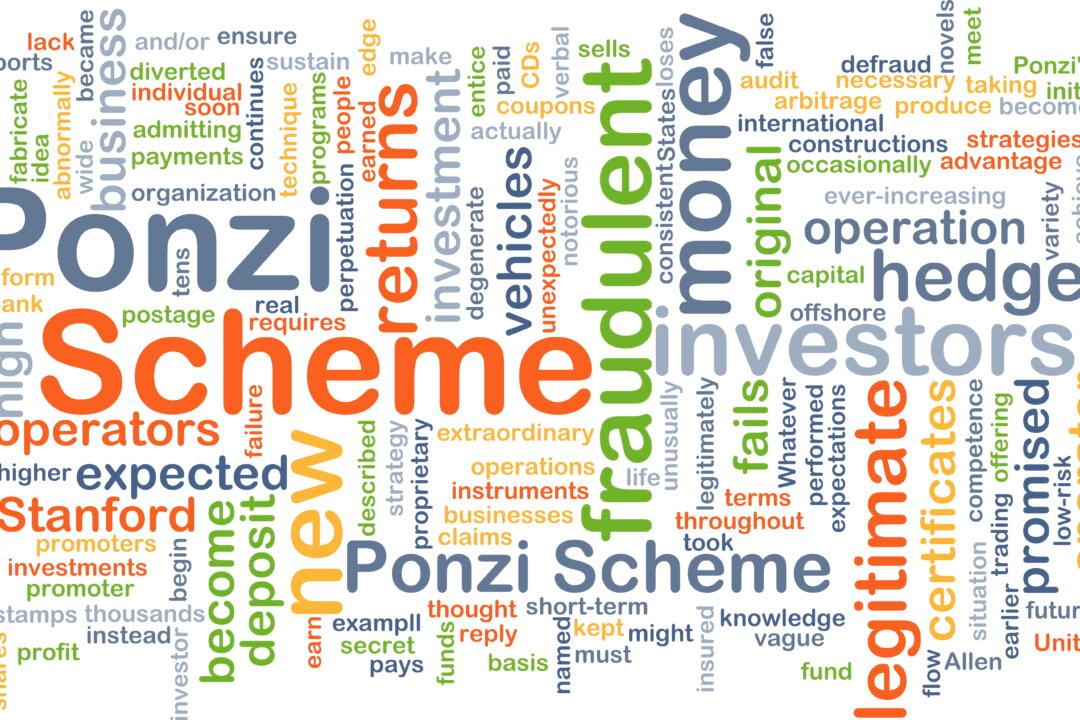Charles Ponzi is definitely under-appreciated. He gave name to the infamous Ponzi scheme, but few people actually know what scheme he pulled.
The Italian-born immigrant promised investors a 50 percent return on their money within 45 days in the early 1920s.
He said he was buying discounted stamps in places like Italy to redeem them in the United States at face value.
Unfortunately for Greece, the Ponzi move is purely to avoid another bankruptcy and has nothing to do with a lavish and luxurious lifestyle.





